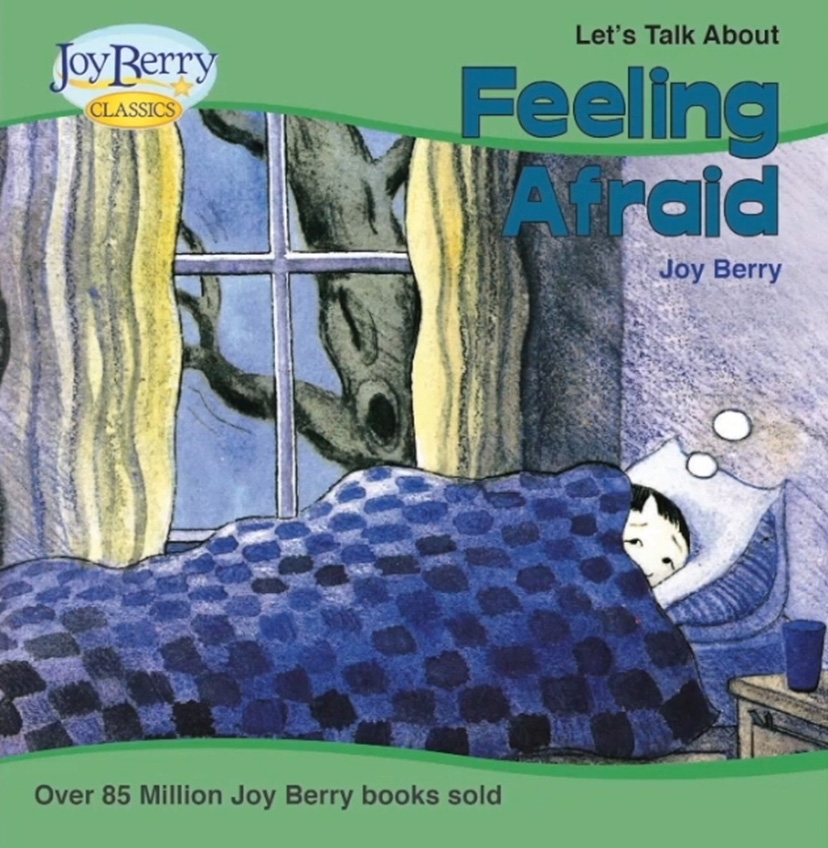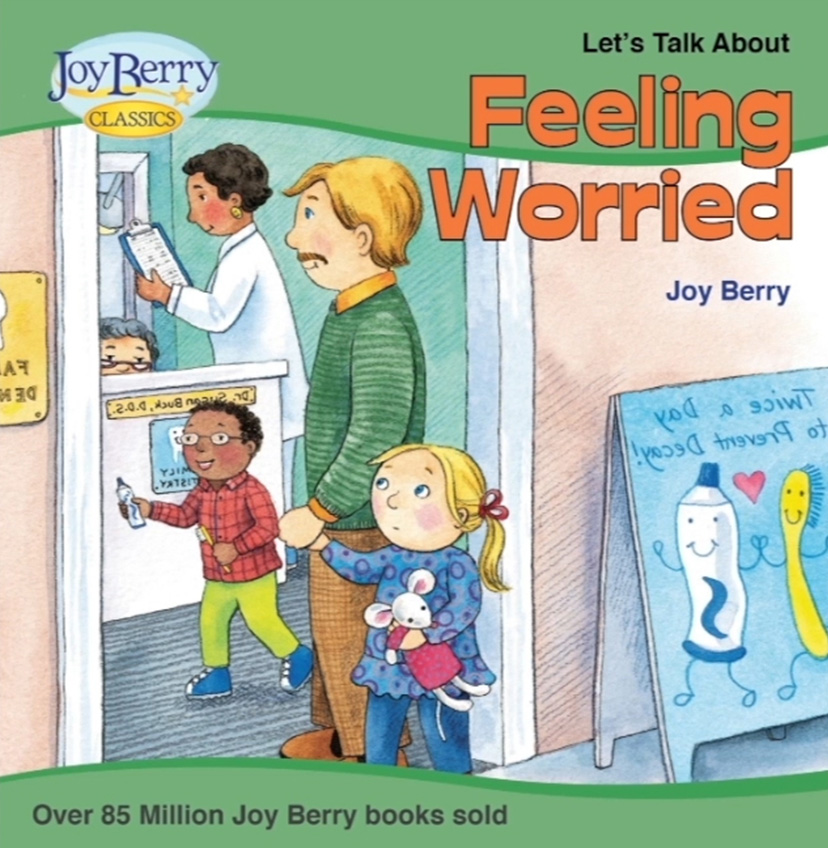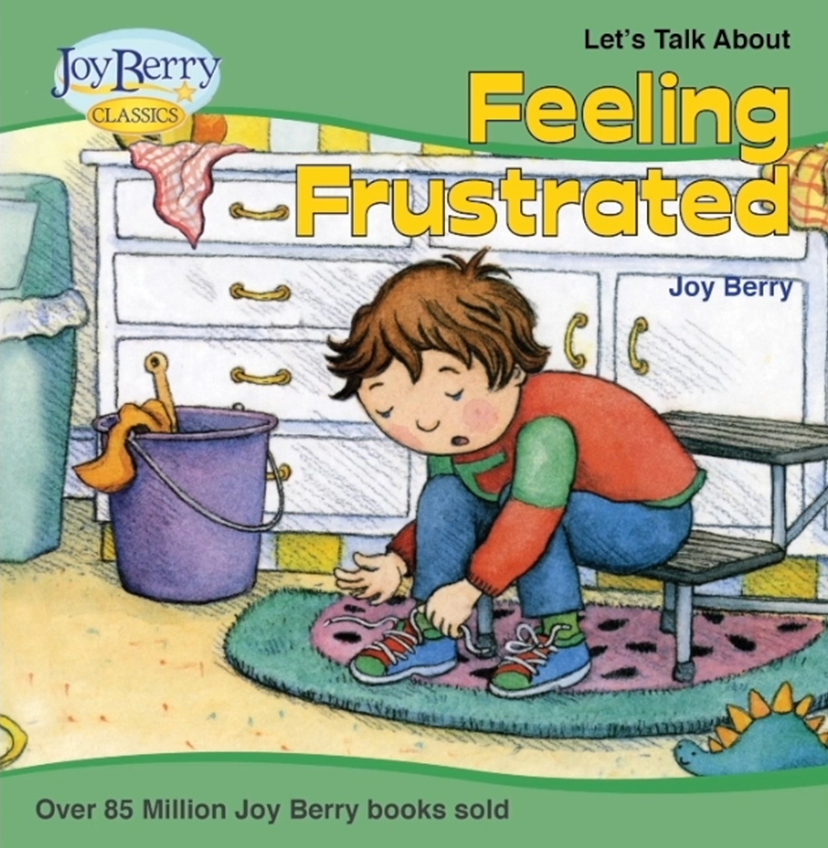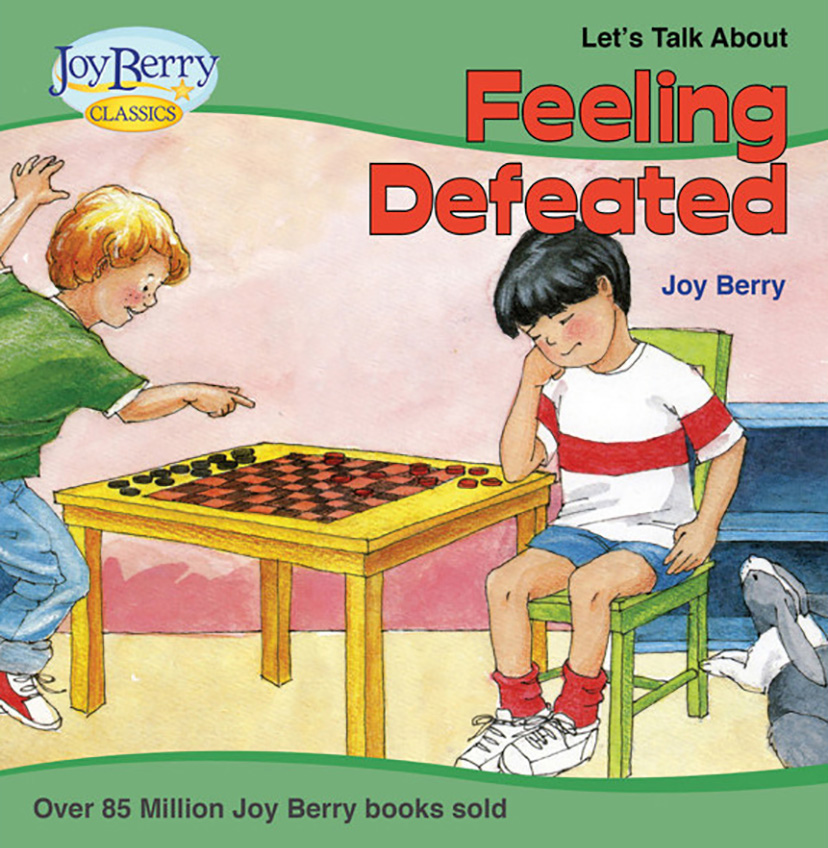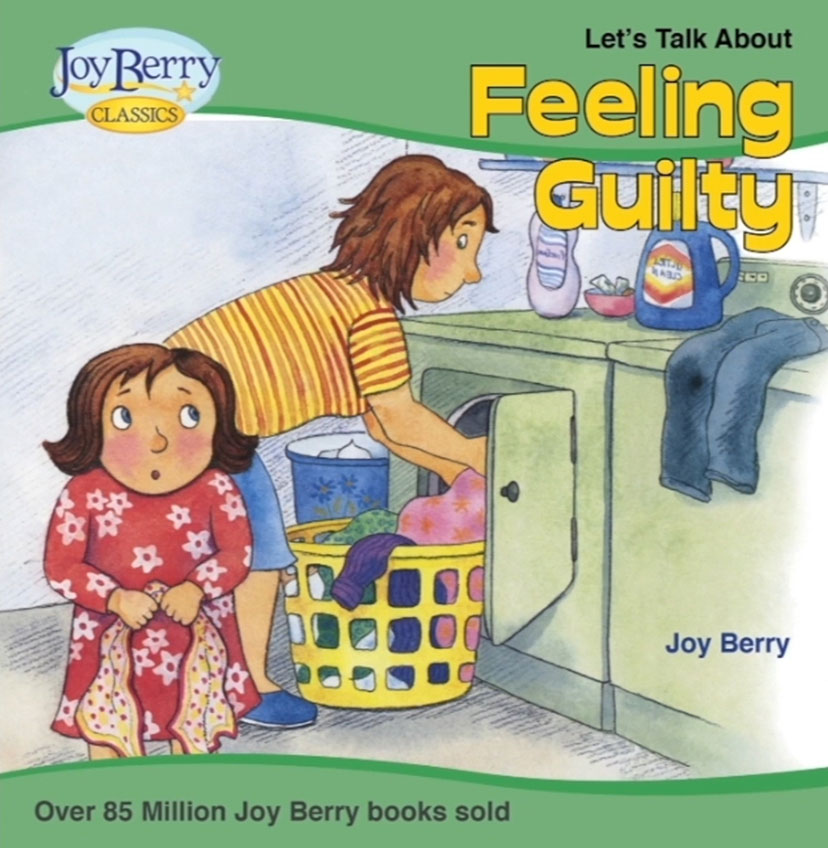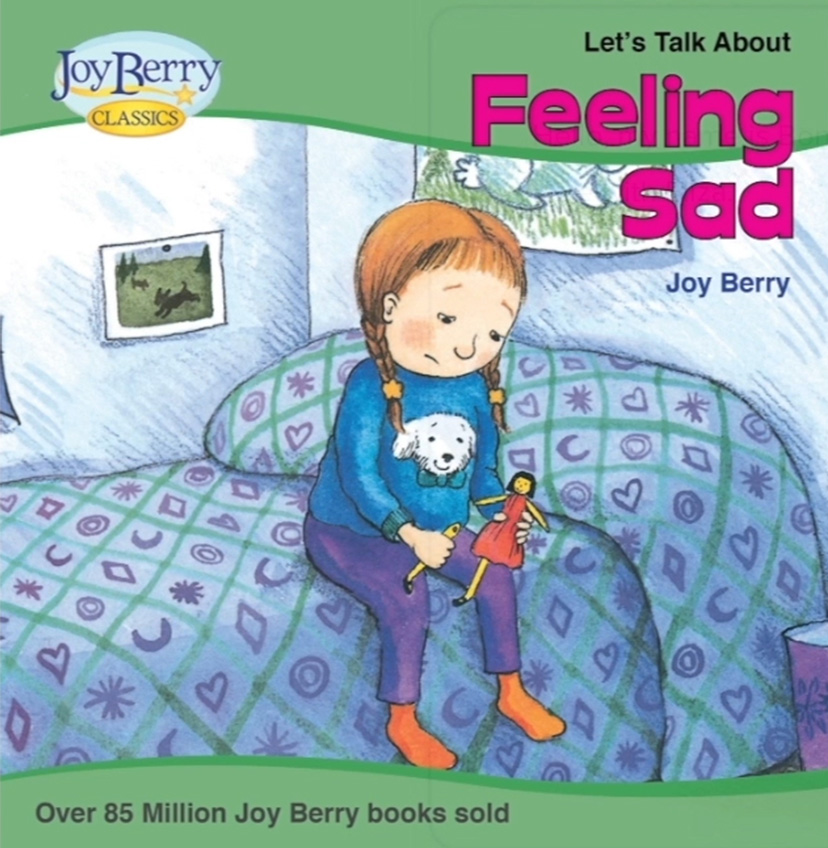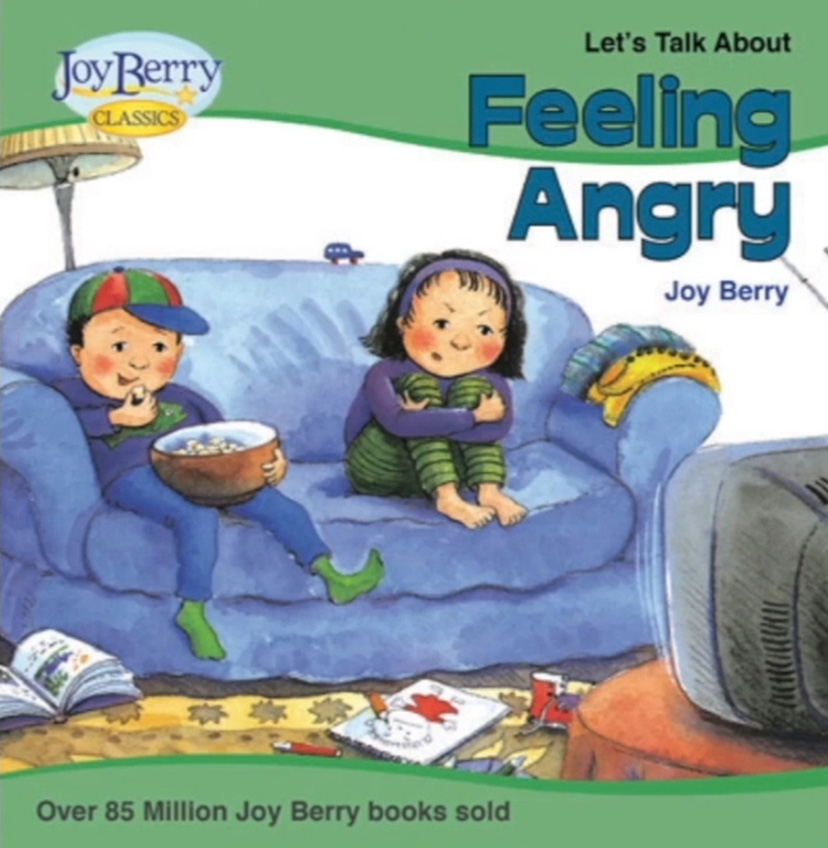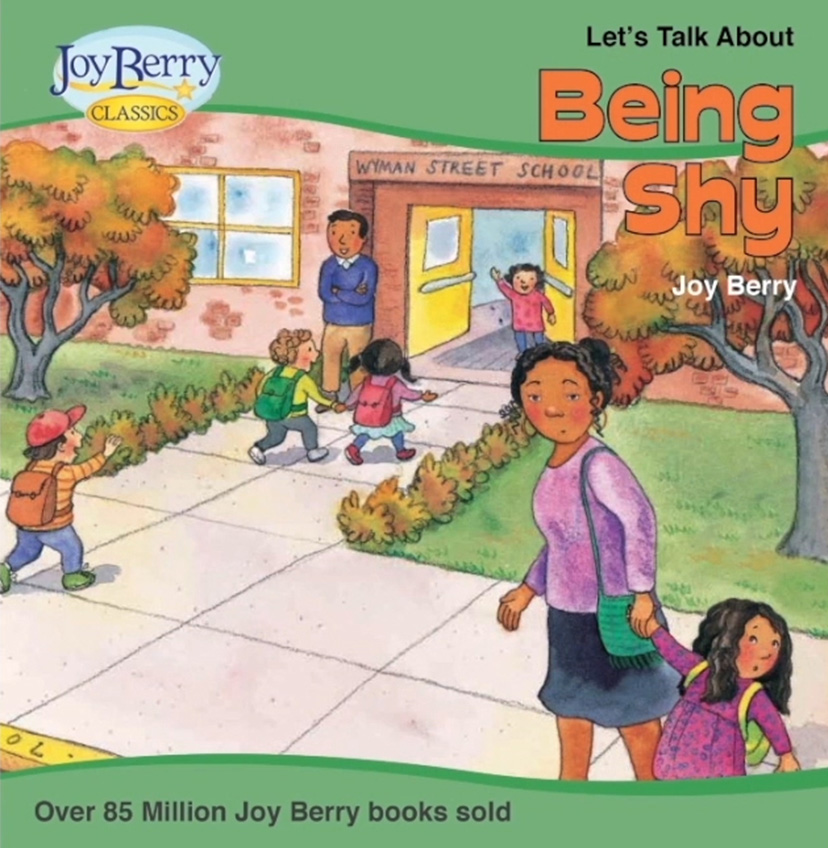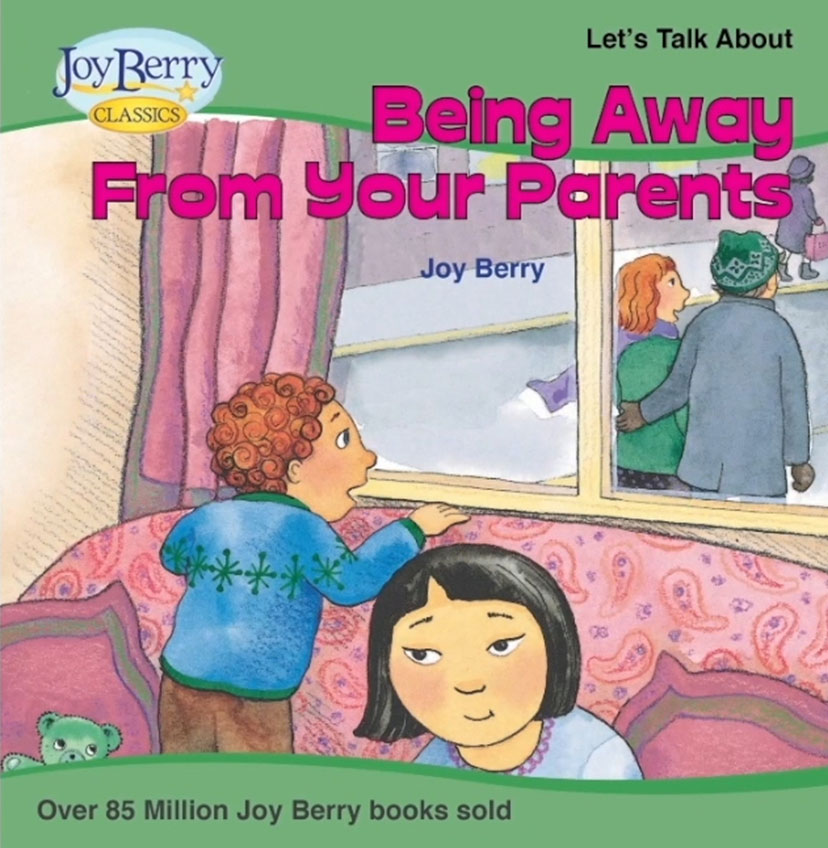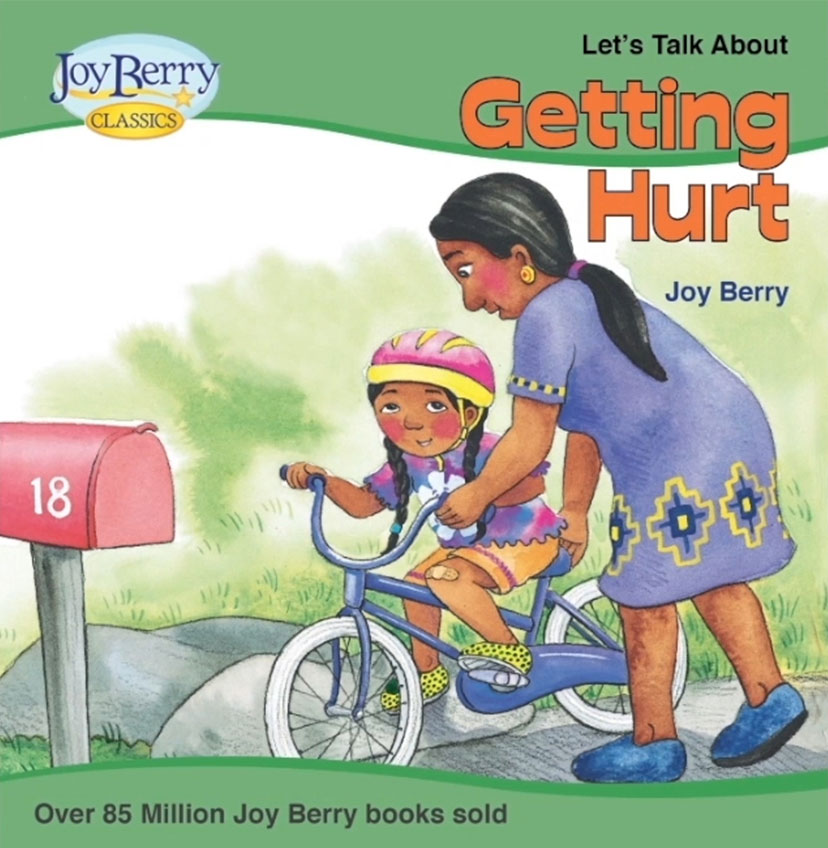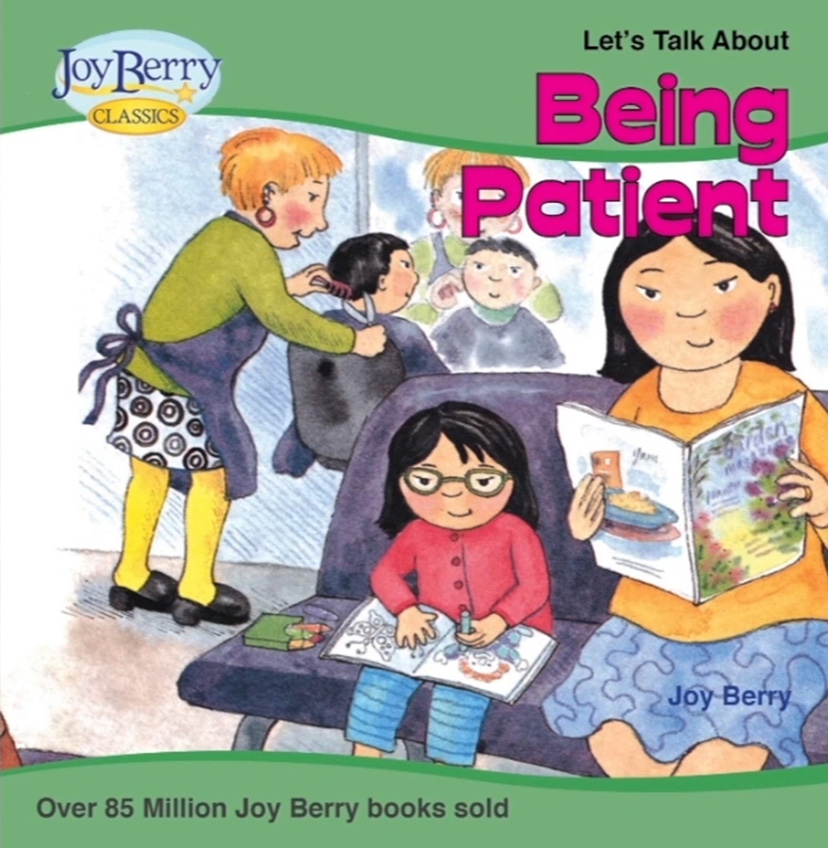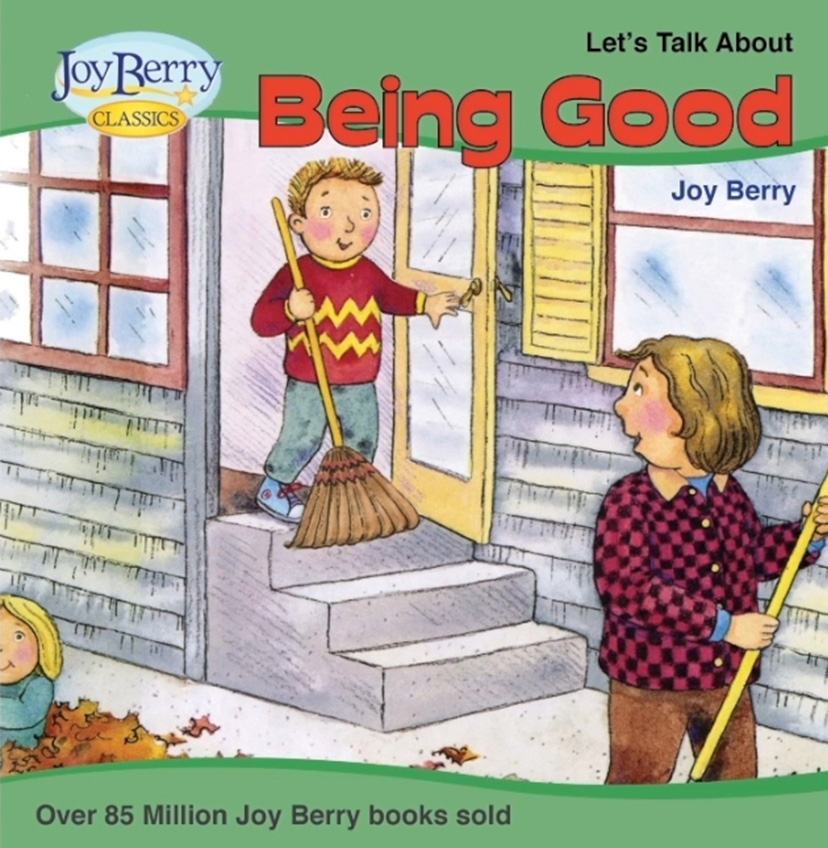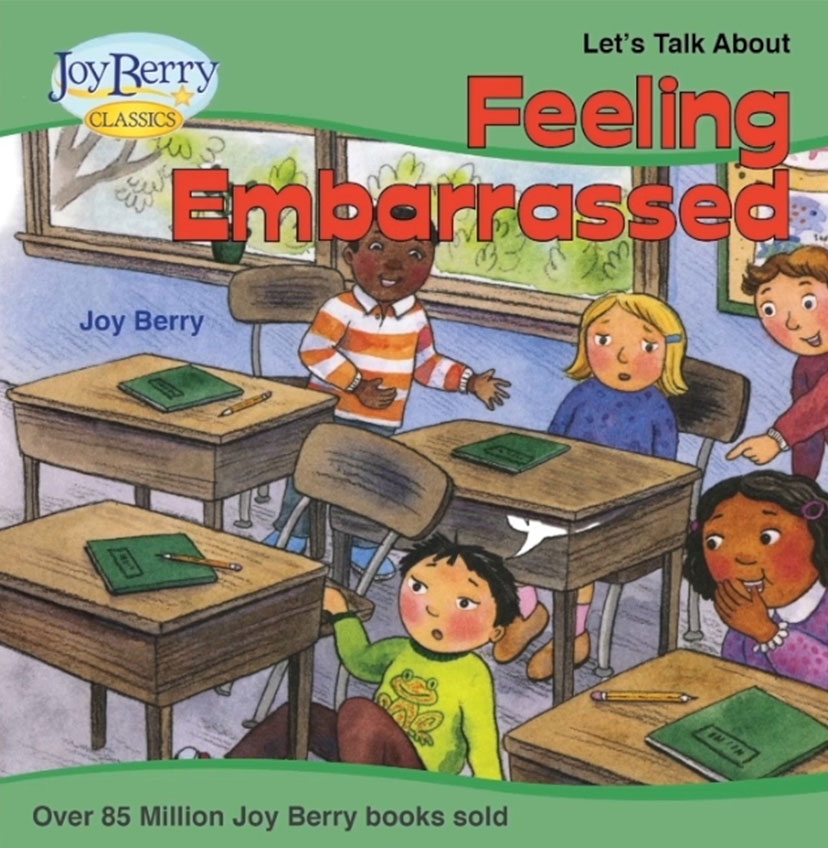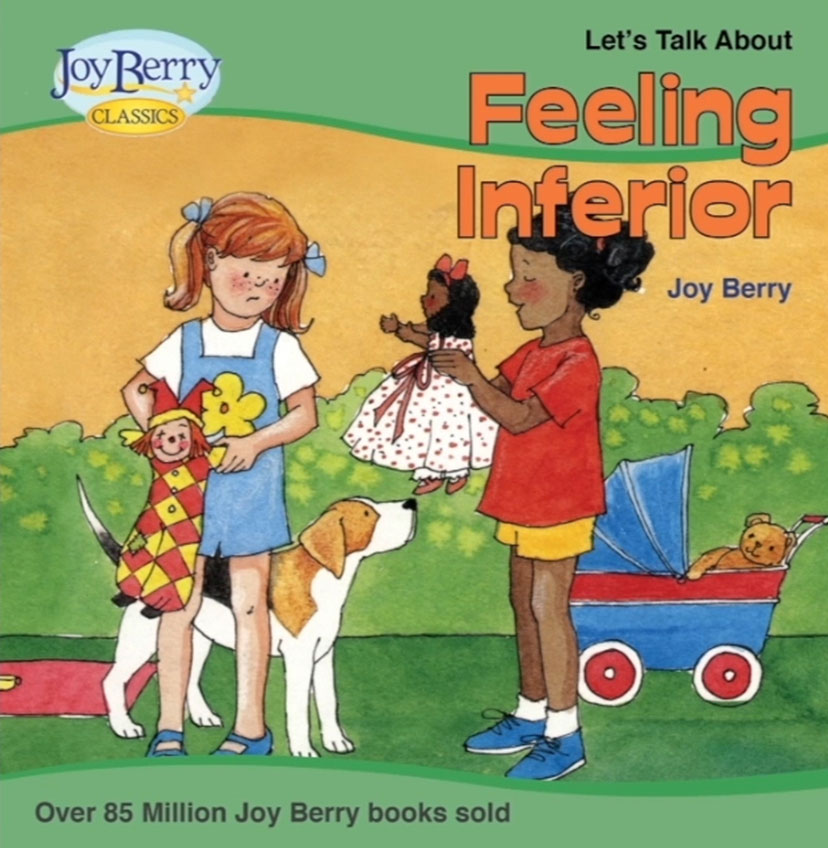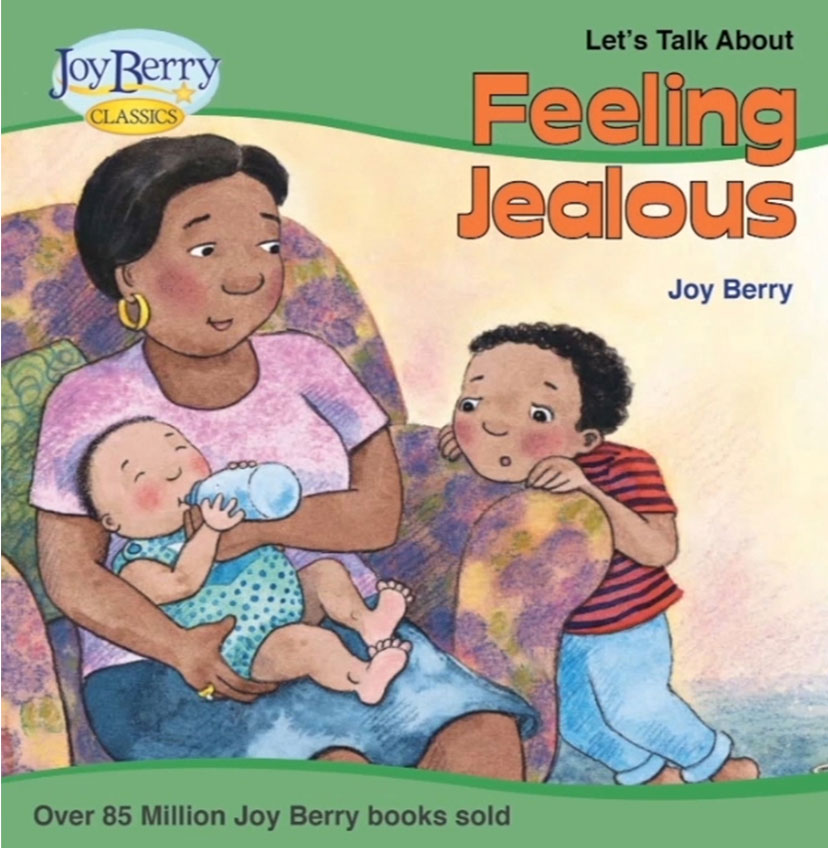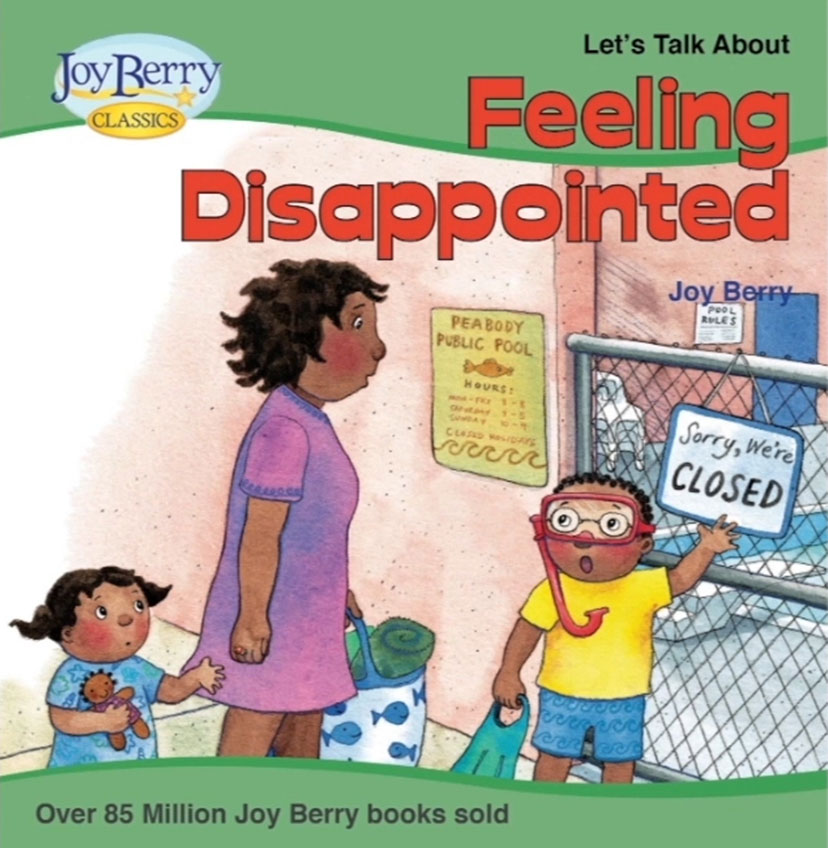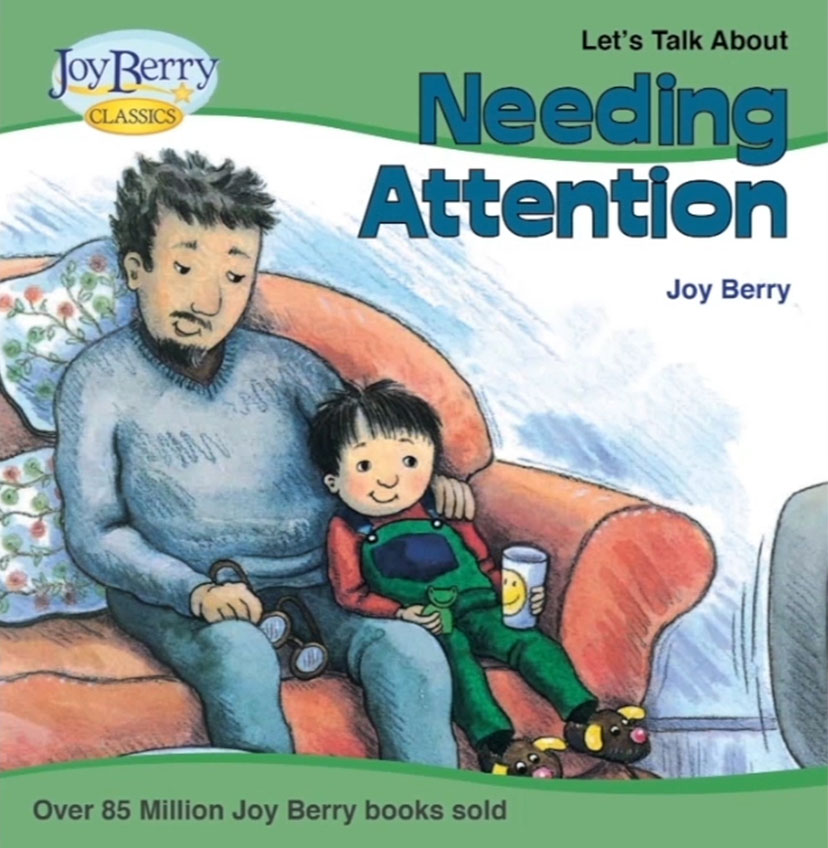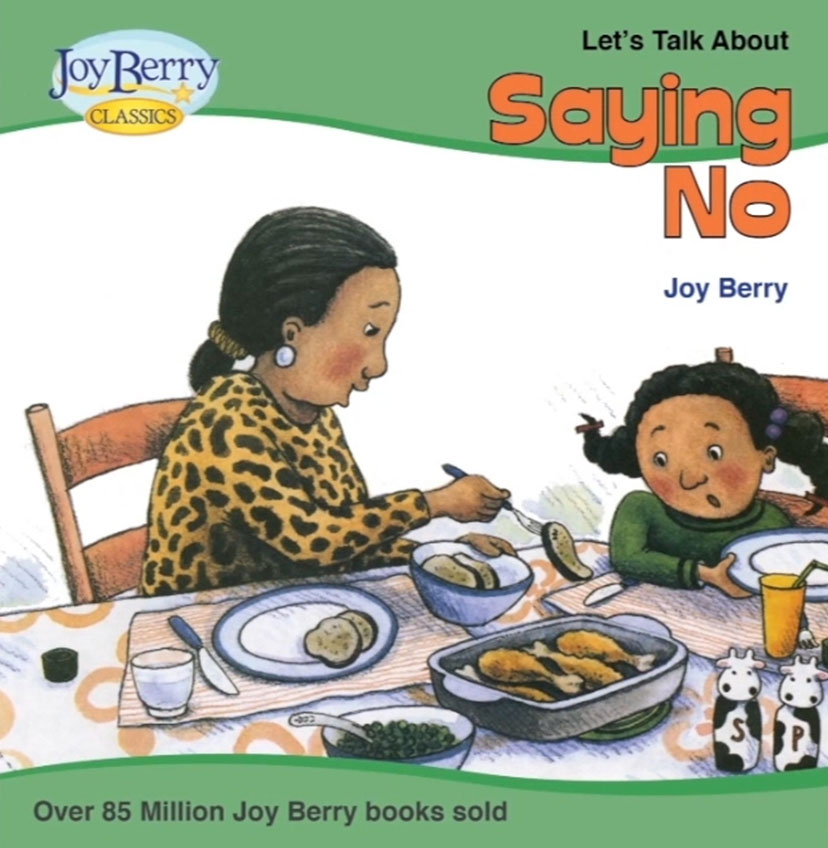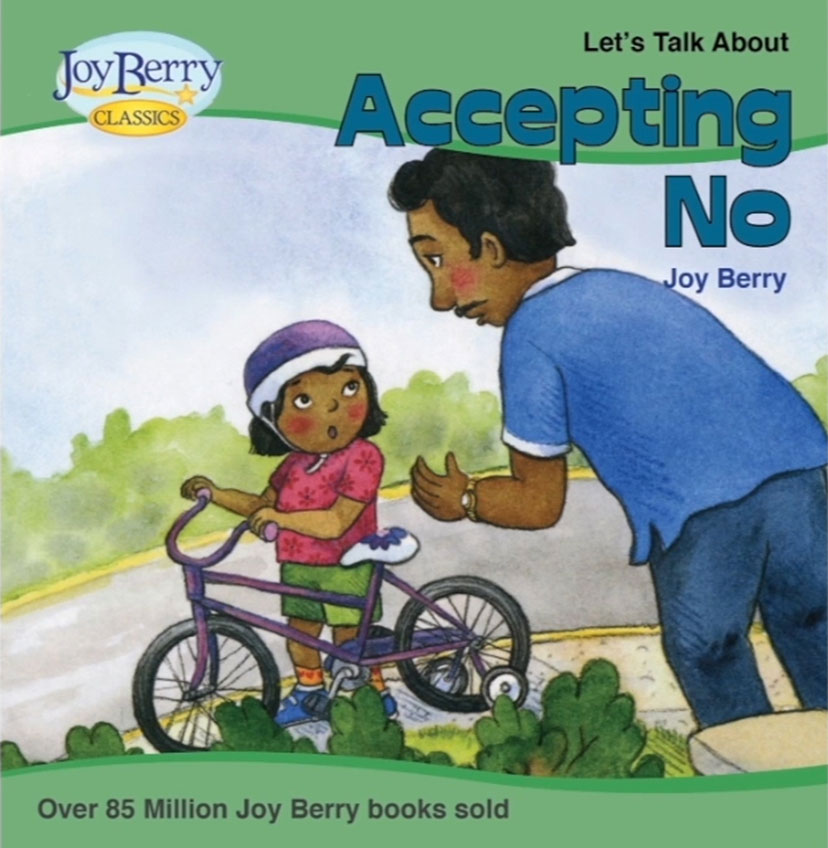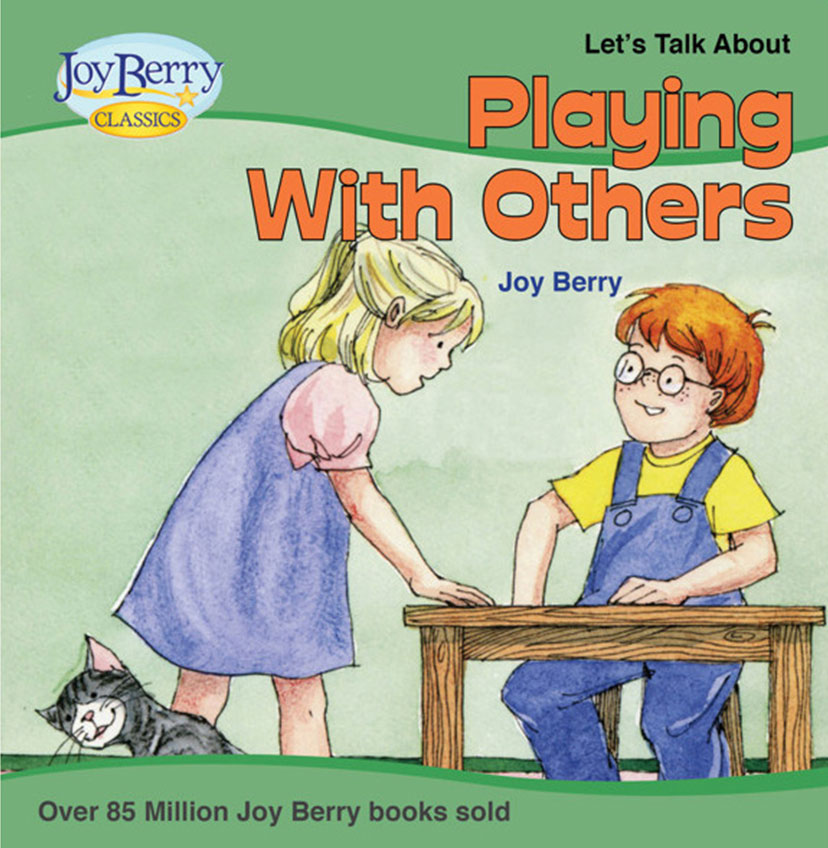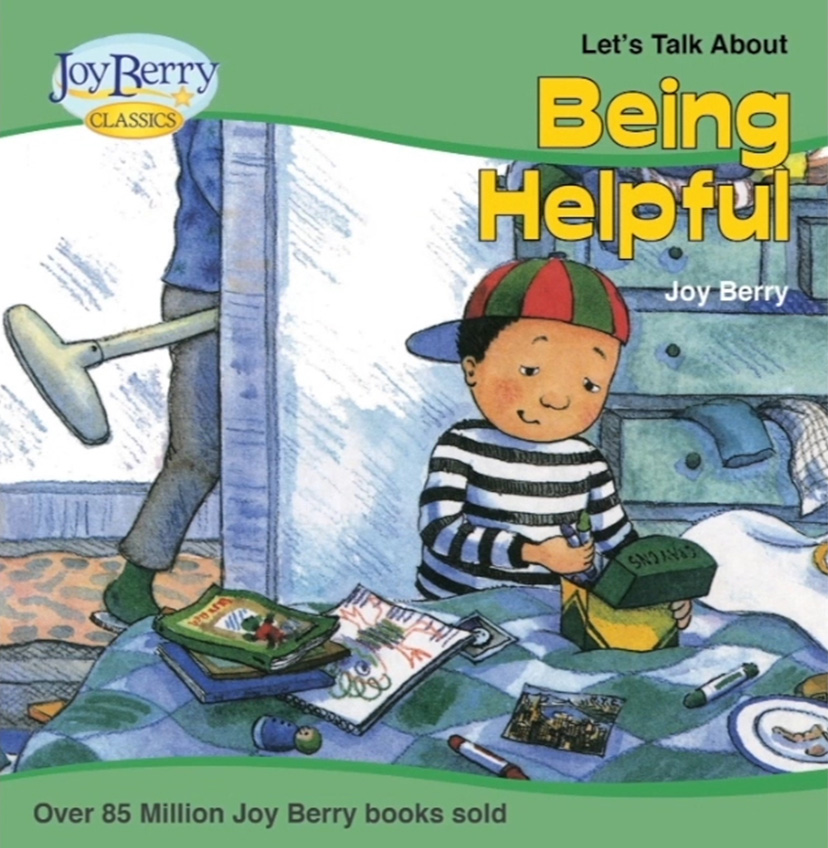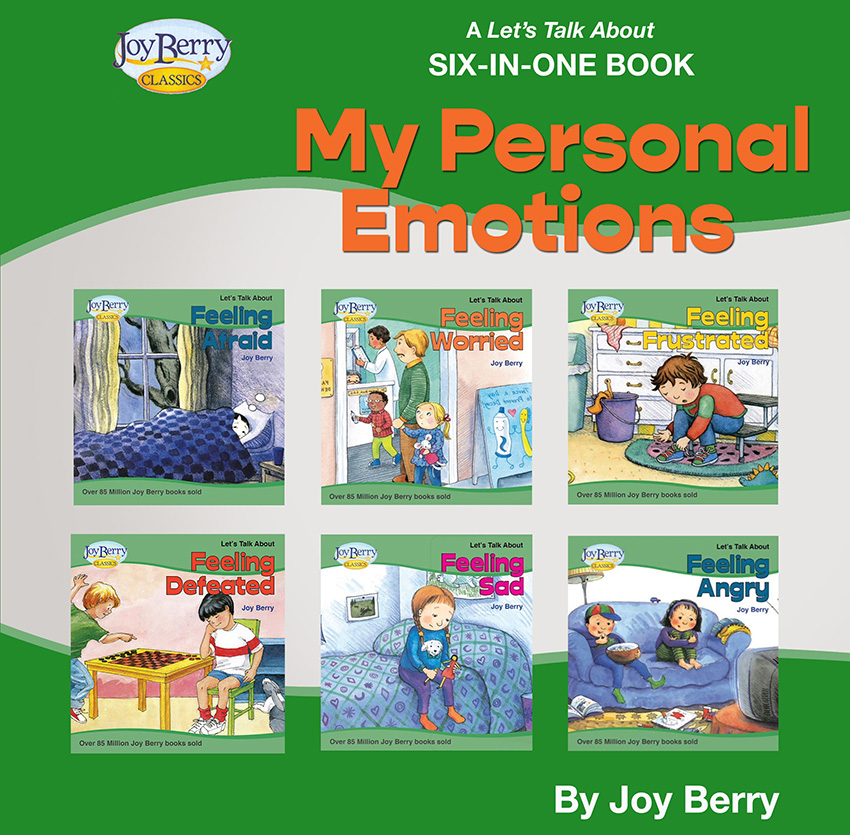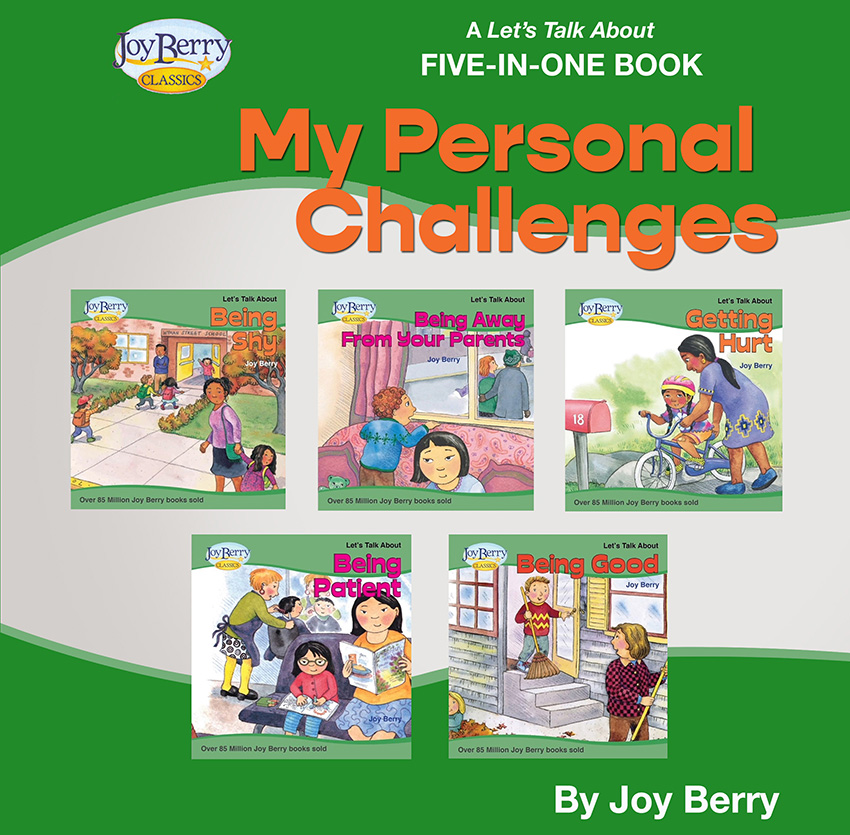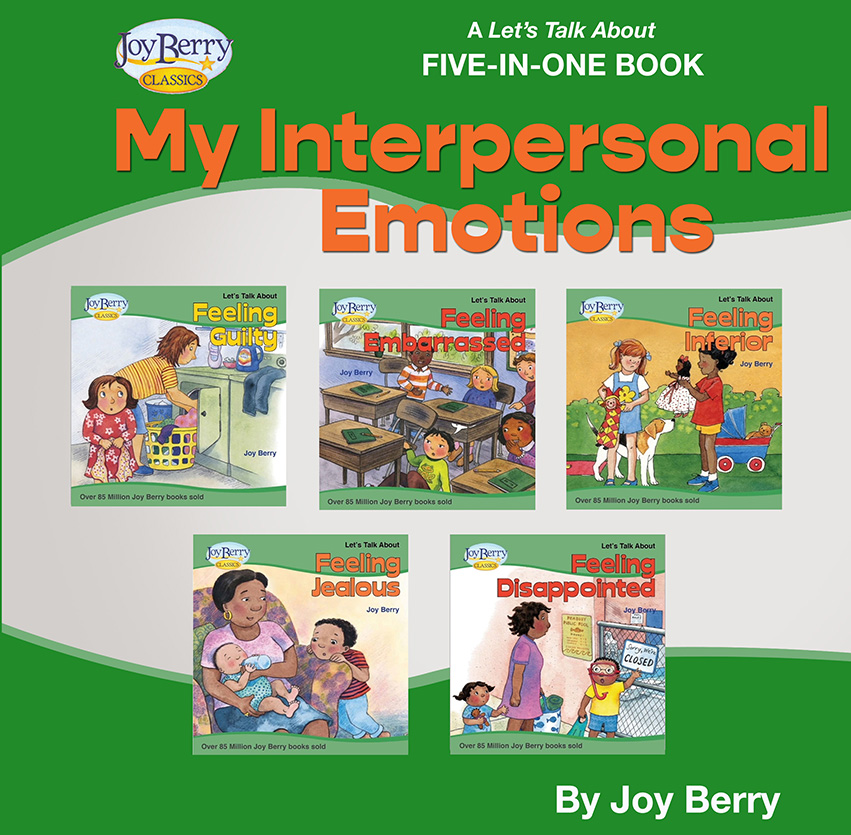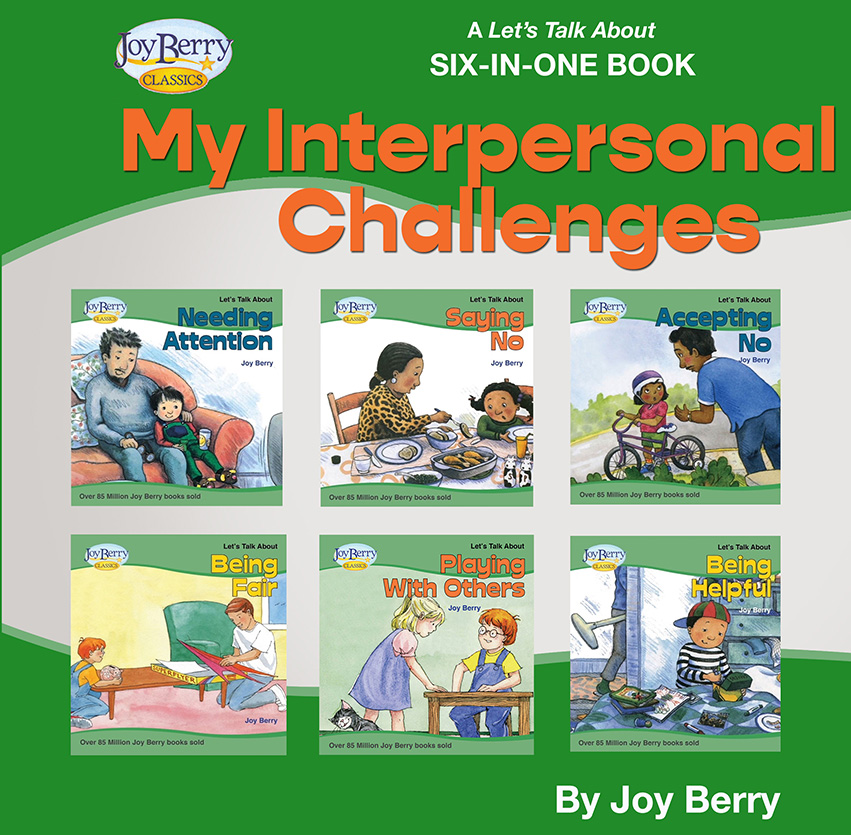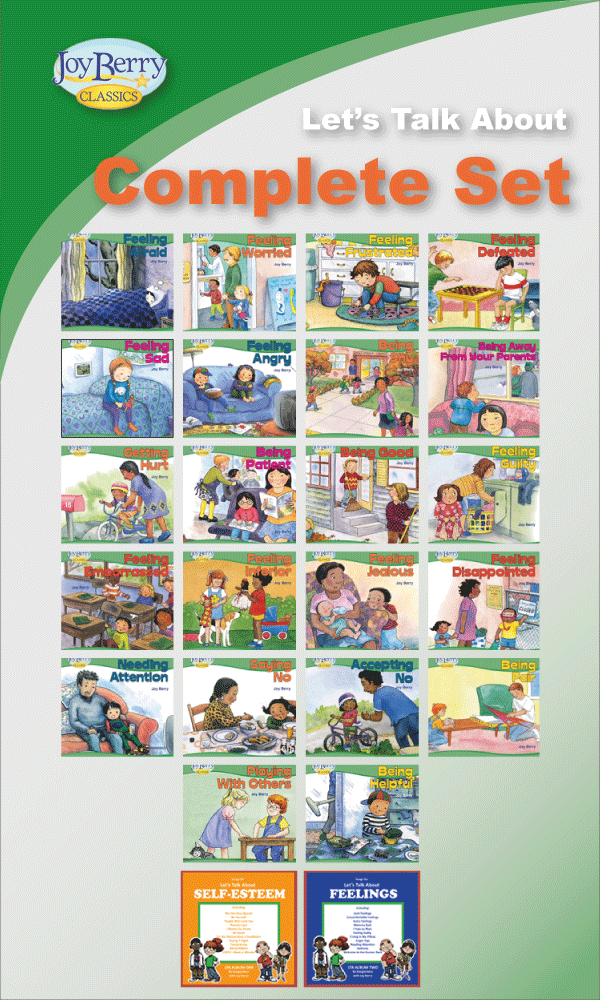The Official Joy Berry Website
Helping Kids Help Themselves
become responsible, happy, and successful
Menu
Menu
BOOKS FOR 3, 4, & 5 YEAR OLDS
Let's Talk About
Our 22 Classic Kid-tested, Parent/Teacher-approved
LET’S TALK ABOUT books that feature inviting, vintage cartoon art are
BACK BY POPULAR DEMAND!
WHY? Because these books are the very best available resource for helping young children develop affirming attitudes that can enhance their lives. The books also provide the crucial understanding and skills young children need in order to handle their feelings in positive instead of negative ways.
And that’s why all 22 treasured LET’S TALK ABOUT books are OUR SECOND BEST-SELLING SERIES!
INDIVIDUAL TOP SELLERS include:
Feeling Afraid, Feeling Angry, Feeling Jealous, Being Good, Being Patient, and Needing Attention.
(Scroll down for more information from Joy about the Let’s Talk About books.)
Scrolling from top to bottom, the order of the LET’S TALK ABOUT titles below reflects the developmental growth of young children that progresses from Personal Attitudes and Emotions to Social Attitudes and Emotions.
A MESSAGE FROM JOY
While earning my Master’s Degree in Human Development, I learned that humans of all ages experience the same basic emotions. At the same time, emotional triggers normally vary from age to age. For example, while both children and adults experience anger, what prompts young children to become angry usually differs from what prompts adults to become angry.
Even so, the steps to handling emotions appropriately is the same for all ages—which is why I began efforts to teach very young children how to handle their emotions in ways that would help, rather than harm them. Creating the LTA series of books was an important part of that effort.
THE CLASSIC STATUS OF THE LET'S TALK ABOUT BOOKS
The LET’S TALK ABOUT books are a part of the collection of kids’ self-help books and other materials called THE JOY BERRY CLASSICS.
The purpose of the JOY BERRY CLASSICS is to help children, from the beginning of their lives through pre-adolescence, become responsible:
for themselves,
in their relationships with others, and
in the way that they relate to the things in their environment.
The classic look and feel of the LET’S TALK ABOUT books is due to the restoration of the vintage artwork from the original publications that is now featured in the current LET’S TALK ABOUT books.
THE PURPOSE
The 22 LET’S TALK ABOUT books help young children deal with the early childhood emotions and attitudes that can prevent them from becoming responsible.
If not understood and handled properly, early childhood emotions and attitudes can be painful and can hinder young children from becoming responsible. Sharing the LET’S TALK ABOUT books with a child can be the first important step to overcoming obstacles that can prevent the child from becoming responsible. The LET’S TALK ABOUT books help young children understand and respond in positive ways to normal feelings and attitudes that can otherwise be uncomfortable and difficult to handle.
THE GUIDELINES FOR USE
In order to derive the maximum benefits from the LET’S TALK ABOUT books it is recommended that adults use the books in the following ways:
Phase One
Adult Resource: The adult reads the books for information, insights, and encouragement.
Phase Two
Adult-Child Activity: The adult uses the books with the child and encourages the child to question or comment on the subject matter.
Phase Three
Independent Activity: The child is encouraged to use the books independently of the adult for entertainment and to reinforce the subject matter.
Phase Four
Reference Material: The books are placed in the child’s library along with other resource materials and used whenever specific situations need to be addressed.
THE LET'S TALK ABOUT BOOKS
Divided into Developmental Categories
PERSONAL EMOTIONS
The purpose of the Let’s Talk About books in this category is to help children handle their uncomfortable personal emotions in positive instead of negative ways.
Books in this category include Feeling Afraid, Feeling Worried, Feeling Frustrated, Feeling Defeated, Feeling Sad, and Feeling Angry.
PERSONAL CHALLENGES
The purpose of the Let’s Talk About books in this category is to help children handle challenging matters is positive instead of negative ways.
Books in this category include Being Shy, Being Away From Your Parents, Getting Hurt, Being Patient, and Being Good.
INTERPERSONAL EMOTIONS
The purpose of the Let’s Talk About books in this category is to help children handle their uncomfortable interpersonal emotions is a positive instead of negative ways.
Books in this category include Feeling Guilty, Feeling Embarrassed, Feeling Inferior, Feeling Jealous, and Feeling Disappointed.
INTERPERSONAL CHALLENGES
The purpose of the Let’s Talk About books in this category is to help children handle challenging interpersonal matters in positive instead of negative ways.
Books in this category include Needing Attention, Saying “No”, Accepting “No”, Being Fair, Playing with Others, and Being Helpful.
Menu
Copyright © 2024 Joy Berry Enterprises. All Rights Reserved.


